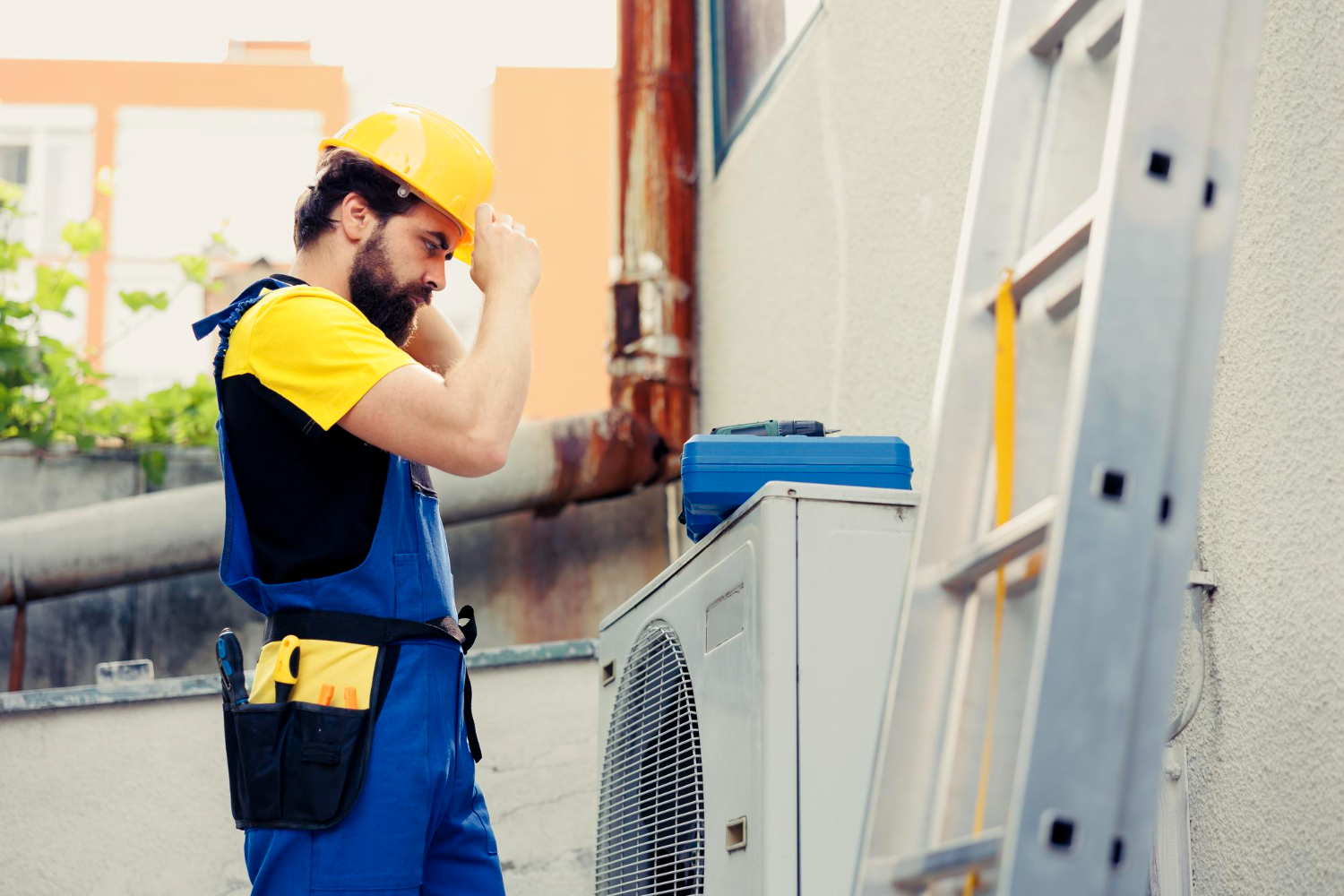Hearing strange noises coming from your HVAC system can be concerning for any homeowner. The rattling, banging, or humming sounds can disrupt the peace in your home and often signal deeper issues within your system. These noises are not just an annoyance—they might be trying to tell you something important about the condition of your HVAC unit. Understanding the meaning behind these sounds can help you take timely action, preventing further damage or costly repairs.
In Blythe, where maintaining a comfortable indoor environment is crucial to handle the changing weather, recognizing these HVAC noises is particularly important. Familiarity with these sounds can empower homeowners to distinguish between minor issues and situations that require professional intervention. By doing so, you can ensure that your HVAC system operates efficiently, preserving the comfort of your home while also avoiding unexpected breakdowns.
Identifying Common HVAC Noises
Various noises emanating from an HVAC system can indicate different problems. Becoming acquainted with these sounds can help you troubleshoot or provide clear information to a technician. Some common HVAC noises include:
1. Banging: Often indicates a loose or broken part within the system. This could be a loose bolt or internal part that requires tightening or replacement.
2. Clanking: Typically suggests that a part is out of balance. This is more severe than banging and usually indicates a need for immediate attention to prevent further damage.
3. Humming: While all HVAC units produce some level of sound while operating, a noticeable humming noise can denote electrical issues or a failing motor.
4. Rattling: Often points to loose debris within the system or loose panels. While sometimes minor, it is best to address it early to prevent further complications.
5. Whistling: A high-pitched sound can indicate airflow problems, such as a clogged filter or ductwork issue, which can reduce the efficiency of your system.
Understanding what each noise means can help in assessing the severity of the problem. While some noises might just need a simple fix, others can be symptoms of a larger issue that requires the expertise of trained professionals. Recognizing these sounds early can save you not only discomfort but also potential high repair costs later on.
Causes of HVAC Noises
Understanding the causes of these common HVAC noises can help in pinpointing potential issues with your system. A variety of factors contribute to the sounds your unit makes, and identifying them early can prevent further complications. Loose parts within the HVAC system are a frequent culprit. Over time, components such as bolts, screws, and panels can become loose due to the natural vibrations of the system during operation. This can lead to rattling or banging noises as these components move.
Another common cause is related to electrical issues, which can produce humming sounds. This might indicate that there is a problem with the motor or the electrical connections in your system. When dirt and debris accumulate in the system, components like the fan blades can become imbalanced, leading to clanking or thumping sounds. Additionally, blocked filters or ductwork issues can create airflow restrictions, resulting in a high-pitched whistling noise.
When to Call Our Professionals
While some HVAC noises might seem manageable, knowing when to call in an expert is crucial to prevent any damage from escalating. Minor rattles or the occasional humming can sometimes be resolved with a quick check or a minor adjustment. However, persistent or worsening noises generally signal more serious issues that demand immediate attention.
Keep an ear out for noises that grow louder over time, which could indicate significant mechanical problems. Likewise, if you hear unfamiliar sounds or your system isn’t performing as it should, it’s wise to contact a professional. Our technicians possess the skills needed to diagnose the issue quickly and safely, minimizing disruption and potential damage.
Preventive Measures for HVAC Systems
Regular maintenance plays an essential role in keeping your HVAC system quiet and efficient. There are several preventive measures you can take to avoid unwanted noises. Scheduling routine inspections and maintenance ensures that any potential issues are identified and resolved early. Replace or clean air filters regularly to maintain proper airflow and prevent blockages. Tightening loose parts and ensuring that moving components are lubricated can also help in avoiding the development of unnecessary noise.
It’s beneficial to set up a maintenance schedule with experienced professionals who are familiar with the climate and specific challenges residents face in Blythe. This proactive approach will not only help reduce noise levels but also extend the lifespan of your system while maintaining comfortable indoor temperatures.
Ensuring Quiet and Efficient Operations
Dealing with HVAC noises doesn’t have to be daunting. By understanding what these noises could mean and recognizing the right time to seek professional help, you can keep your HVAC system running quietly and efficiently. Regular maintenance and timely interventions are key to ensuring that your home remains a comfortable haven, free from disruptive sounds.
Being attentive to your HVAC system’s noises and addressing them promptly will save you time, stress, and money in the long run. If you notice anything unusual or if your system isn’t performing optimally, taking action sooner rather than later can make all the difference. By staying informed and vigilant, you can enjoy a quieter, more comfortable home environment year-round.
If you notice unusual sounds coming from your HVAC system, it might be time to explore our HVAC services in Blythe for a closer look at your unit’s performance and to keep your home comfortable throughout the season; investing in regular maintenance can prevent further issues and help extend the life of your system. For a quick estimate or to book a service visit, please contact us today.



